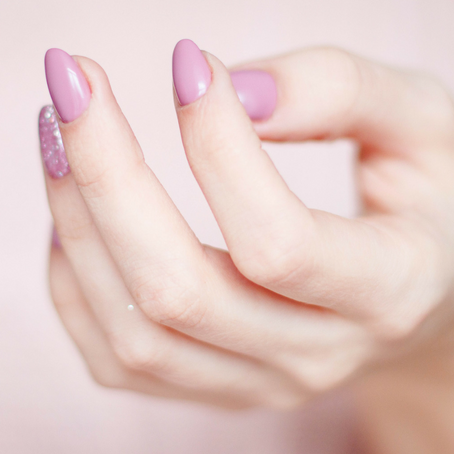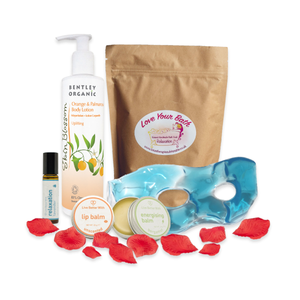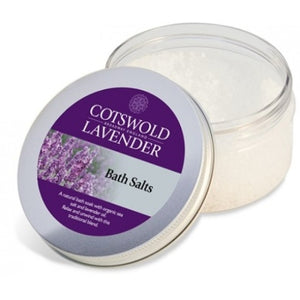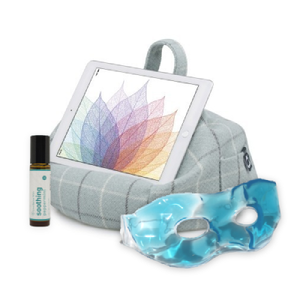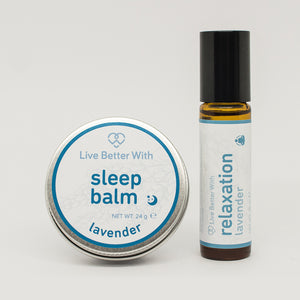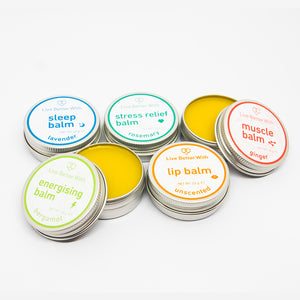Brittle Hair & Nails
Brittle hair and nails are intrinsically linked to the fluctuation of hormones that occurs during the menopause. As with most symptoms caused by the menopause, developing brittle hair and nails can be very damaging so confidence and self-esteem. The levels of oestrogen affect the health of hair and nails, meaning many women encounter this as a side effect. This guide will explore:
- The symptoms that often emerge when women are going through the menopause, what is useful for you to look out for
- The reasons behind why hair and nails get affected
- Solutions for those who are experiencing this, from products that are available to pieces of advice that can help manage this.
What types of symptoms should I be looking for relating to brittle hair and nails caused by the menopause?
- Easy breakage of nails, lengthwise splits.
- Nails that peel across from corner to corner
- Nails are easily cracked and chipped
- Dry, limp and lacklustre hair
- Hair loss and hair thinning
- Hair brittle to the touch, high breakage
- Slow hair growth rate
Why are hair and nails affected by the menopause?
- Oestrogen has a significant impact on the growth of hair and nails.
- Oestrogen keeps hair in ‘growing phase’ and the longer the growing phase, the longer your hair can grow. Reduced oestrogen levels cause your hair’s growth cycle to shorten and your hair sheds before it reaches the length that it used to be able to.
- Androgens (male hormones) are found in women as well as men. These hormones also decrease during the menopause, which can cause thinning of the hair on your scalp, as well as produce excess facial hair.
- Androgens do not necessarily decrease your number of scalp hairs, but reduce their diameter and length. The result is a loss of volume or ‘body’. Your hair may not be falling out more, or failing to grow back - but the replacement hairs are weaker and finer.
- A lack of water and dehydration in the body likely causes brittle nails, and oestrogen is one of the hormones that also contributes to regulating water levels in your body.
What can I do to help combat brittle hair and nails during menopause?
- Use a nourishing lotion after washing hands and when showering. Wearing cotton gloves at night time will help encourage an intensive moisture treatment. Using a nail oil can also help with maintaining the health of brittle nails.
- The appearance of menopausal hair loss can sometimes be improved by cosmetic practices, e.g. reducing the use of straighteners, hair dryers and other heat damaging tools. This along with the use of thickening shampoos and conditioners may improve hair appearance.
- Diet plays a key part in maintaining healthy hair and nails throughout the menopause. Ensuring you have a rich and healthy diet is vital, with vitamins also giving a boost.
- Topical solutions can be used for thinning hair.
Impact on the hair and nails can often have a damaging psychological impact on women going through the menopause, as these are both often associated with femininity. There are a whole host of products that exist and that can help with these symptoms, and using all of these or one of these solutions can hopefully improve both your self-esteem and confidence.

